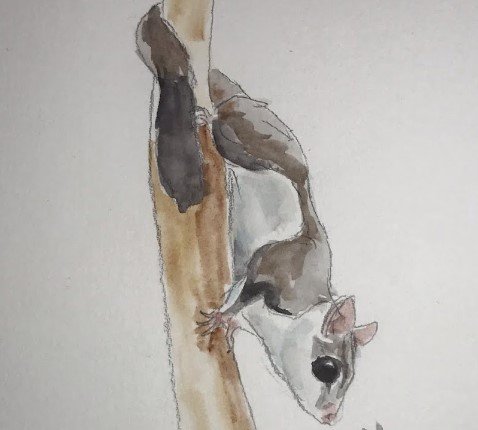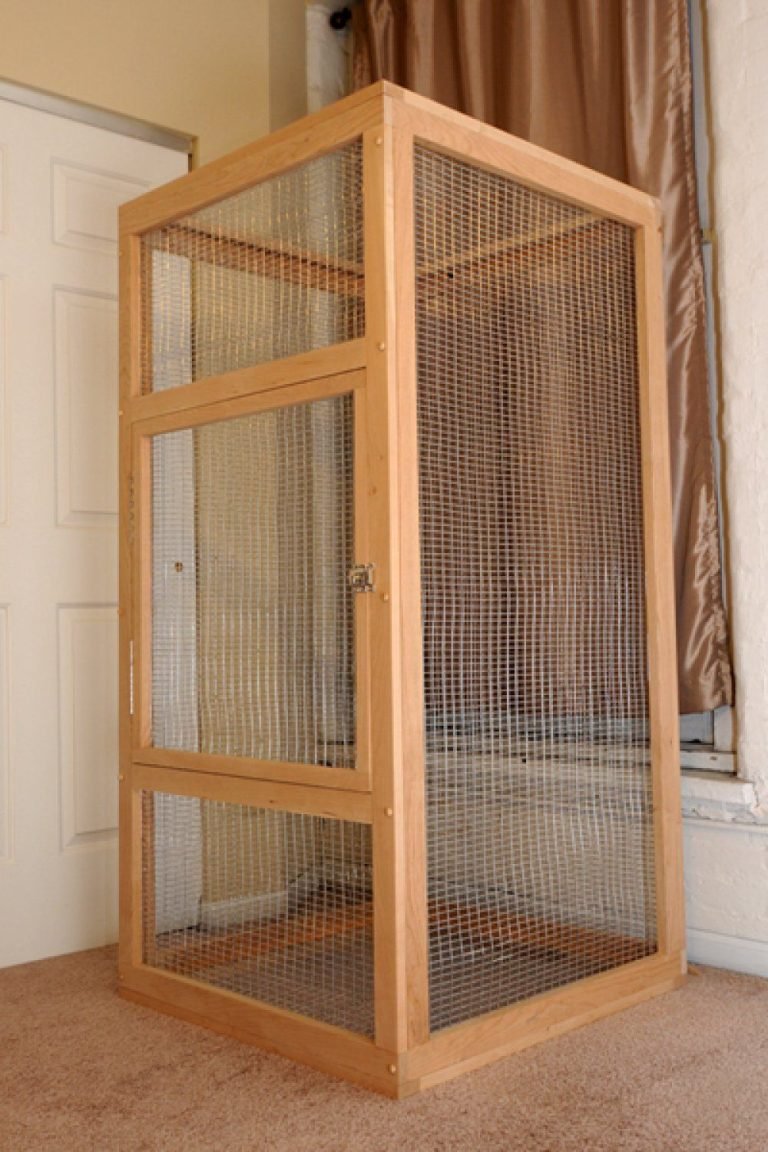Will Sugar Gliders Kill Each Other
Are you wondering if sugar gliders have a tendency to kill each other? If you have sugar gliders as pets or if you are thinking about getting them, this is an important question to consider. While sugar gliders are generally friendly and social animals, there are certain circumstances where they might exhibit aggression towards each other. In this article, we will explore the topic will sugar gliders kill each other.
Understanding Sugar Glider Behavior
Sugar gliders are small, nocturnal marsupials that are native to Australia, Indonesia, and New Guinea. They are known for their ability to glide through the air thanks to a membrane called the patagium that stretches from their wrists to their ankles. As social animals, sugar gliders usually live in colonies in the wild, so they enjoy the company of their own kind.
However, it’s important to note that sugar gliders do have individual personalities, just like humans and other animals. Some sugar gliders may be more aggressive or dominant than others, while some may be more submissive. Their behavior can also be influenced by various factors, such as age, gender, and the environment they are kept in.

Can Sugar Gliders Kill Each Other?
While it is rare for sugar gliders to kill each other, it is not entirely unheard of. There have been instances where sugar gliders have exhibited aggressive behavior towards each other, resulting in serious injuries or even death. However, these cases are usually the exception rather than the norm. Most sugar gliders are able to coexist peacefully with their cage mates or colony members.
It’s important to understand that aggression among sugar gliders is more likely to occur in certain situations or conditions. These could include:
1. Territorial Disputes
Sugar gliders are territorial animals, especially when it comes to their nesting areas and food sources. If they feel their territory is being invaded, they may become aggressive towards other sugar gliders in an attempt to protect what they believe is theirs.
2. Lack of Space
Sugar gliders require plenty of space to live and move around comfortably. When kept in cramped quarters, they may become stressed or agitated, which can lead to aggressive behavior.
3. Mating Season
During mating season, male sugar gliders may become more territorial and aggressive as they compete for the attention of female gliders. This can result in fights and injuries.
4. Introduction of New Gliders
When introducing new sugar gliders to an existing group or colony, there may be a period of adjustment where they establish a new hierarchy. This can sometimes involve aggressive behavior until a pecking order is established.
Preventing Aggression Among Sugar Gliders
To reduce the chances of aggression between sugar gliders, there are several steps you can take:
1. Provide Sufficient Space
Ensure that your sugar gliders have a spacious cage or enclosure with plenty of room to move around. This will help prevent territorial disputes and reduce stress.
2. Offer Multiple Food and Water Sources
Having several food and water sources spread throughout the cage can help prevent gliders from fighting over limited resources.
3. Separate Aggressive Individuals
If you notice that one or more sugar gliders are consistently aggressive towards others, it may be necessary to separate them to avoid injury.
4. Gradually Introduce New Gliders
When adding new sugar gliders to your group, introduce them gradually and monitor their interactions closely. This will give them time to establish a hierarchy without resorting to aggression.
Frequently Asked Questions
Q: Can sugar gliders live alone?
A: While sugar gliders are social animals and prefer the company of their own kind, they can live alone if given plenty of attention and interaction from their human caregivers.
Q: How can I tell if my sugar gliders are fighting?
A: Signs of aggression among sugar gliders include lunging, biting, screeching, chasing, and puffing up their fur. If you witness these behaviors, it’s important to intervene and separate the gliders if necessary.
Q: Can neutering or spaying sugar gliders prevent aggression?
A: Neutering or spaying sugar gliders may help reduce aggression, especially during mating season. However, it is not a foolproof solution, and other factors such as territory and hierarchy can still lead to conflicts.
Final Thoughts
In conclusion, while it is rare for sugar gliders to kill each other, aggression among gliders can still occur. It is important to understand their behavior, provide a suitable living environment, and monitor their interactions closely. By taking the necessary precautions and providing proper care, you can greatly reduce the chances of aggressive behavior and help your sugar gliders coexist harmoniously.







